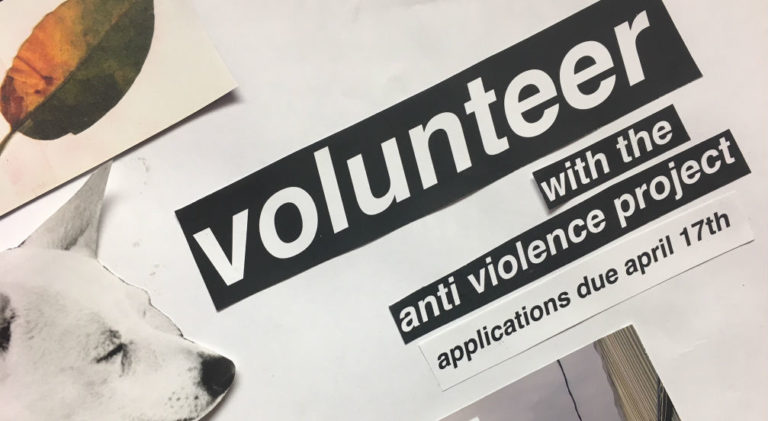Debating disclosure: another form of silencing
To the many who have engaged in the debate of BC Premier Christy Clark’s disclosure in the Vancouver Sun recently, I want to push back on the idea that folks who witness a disclosure have any right to question the validity of the trauma that person has carried and chosen to release. I want to challenge some of the common arguments that have been circulating media recently.
“She shouldn’t be making the personal political”
The notion that there are only certain times and ways that people are allowed to disclose is one of the ways silencing survivors happens. Disclosing is inherently political because it challenges the silencing that upholds rape culture; every time someone discloses it is a political act. Christy Clark’s political status makes her disclosure important because we currently live in a culture that tends to not believe people. If we aren’t going to believe a white, upper-class, straight, cis-woman with a great deal of political power, who will we believe? As someone who holds power and privilege, and actively recognizes this throughout her disclosure, Christy Clark is using her position to open a critical dialogue and to challenge silencing. We should instead be supporting people to disclose at any point in time that feels right, or safe enough, for them.
“This was a close call, not an assault”
Sexual assault is anything that serves to disrespect your sexual wellbeing. As soon as we try to categorize and create hierarchies to people’s trauma, we erase the experiences of those who have shared their trauma. We must remember, that for many folks, disclosing an experience of sexualized violence is in and of itself an act of resistance. We are releasing our trauma into a world that has traditionally told us to be quiet, that it was our fault, or that what we are saying simply didn’t happen.
“This is just a political power play”
If you look at the comments section of any highly publicized sexual assault disclosure on social media, you will most likely see a continuous narrative of shaming, victim blaming, and disbelief. To those who have repeatedly told me, and the many around you that the only reason the premier shared her story was to gain political popularity, I challenge you to think about what it means to share these stories into a world of shame and disbelief.
When you engage in the narrative above, you are attempting to make the Premier’s experiences inherently controversial. You are saying that we can question whether or not someone’s own trauma is valid simply because we are heading into an election year. You are prescribing a criteria for what a survivor should be, and you are perpetuating the culture of silence and blame that causes so much harm in our communities. Instead of asking what she wore, you are asking what her political intentions are; either way you are victim-blaming and either way you are perpetuating violence.
So rather than perpetuating this culture of disbelief, lets challenge ourselves to hold up the voices of the folks who are sharing their experiences of harm. Lets listen to the stories of survivors and lend ourselves to a healing process rather than questioning people’s intentions. Let’s make space for survivors and their stories to be heard.






